Octiv’s studio management system make running your Pilates studio effortless, taking care of admin so that you can focus on teaching and connecting with your clients.
Lead and member management, invoicing, payments, class scheduling, communications, financials – everything is managed seamlessly with Octiv!
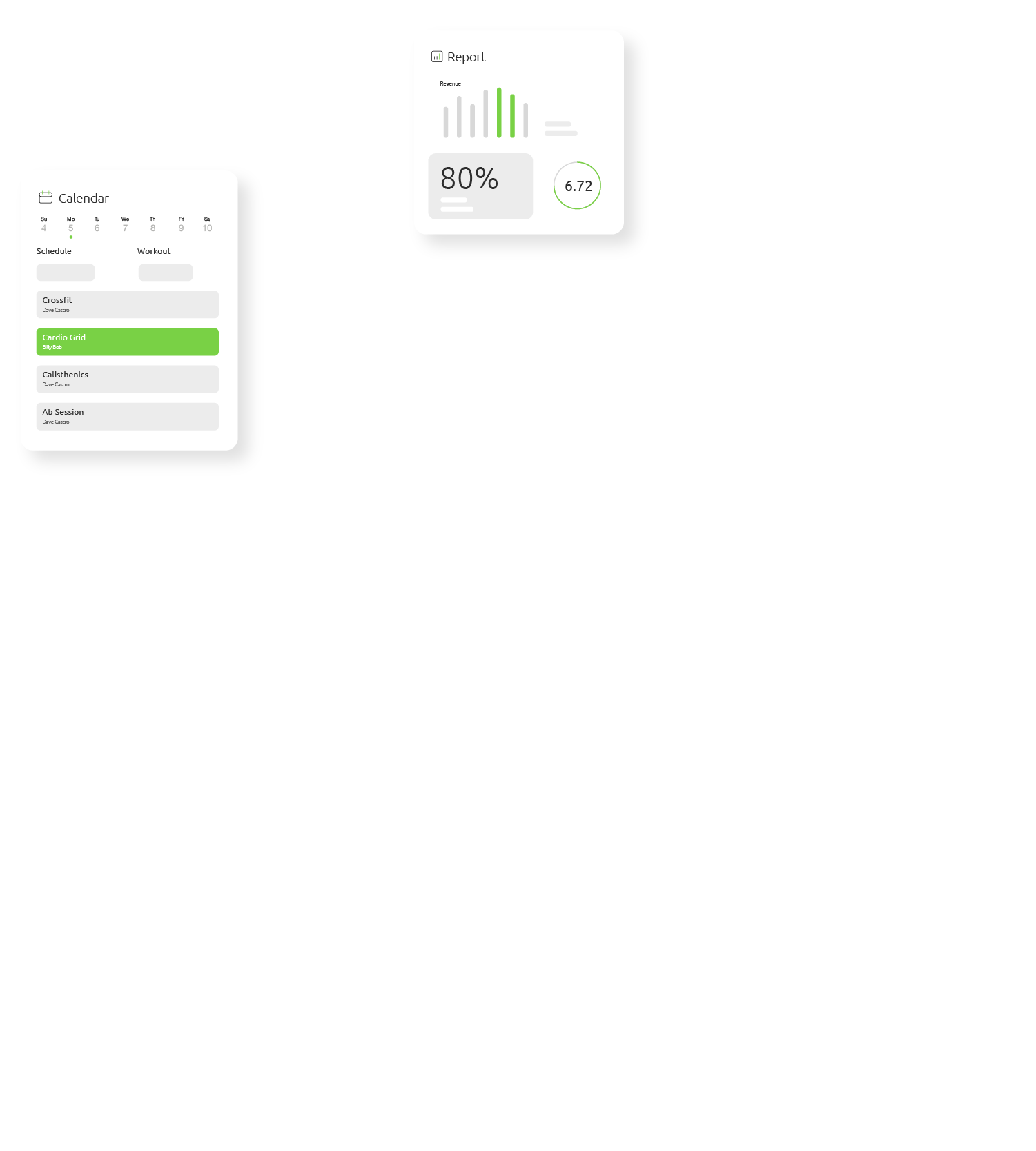
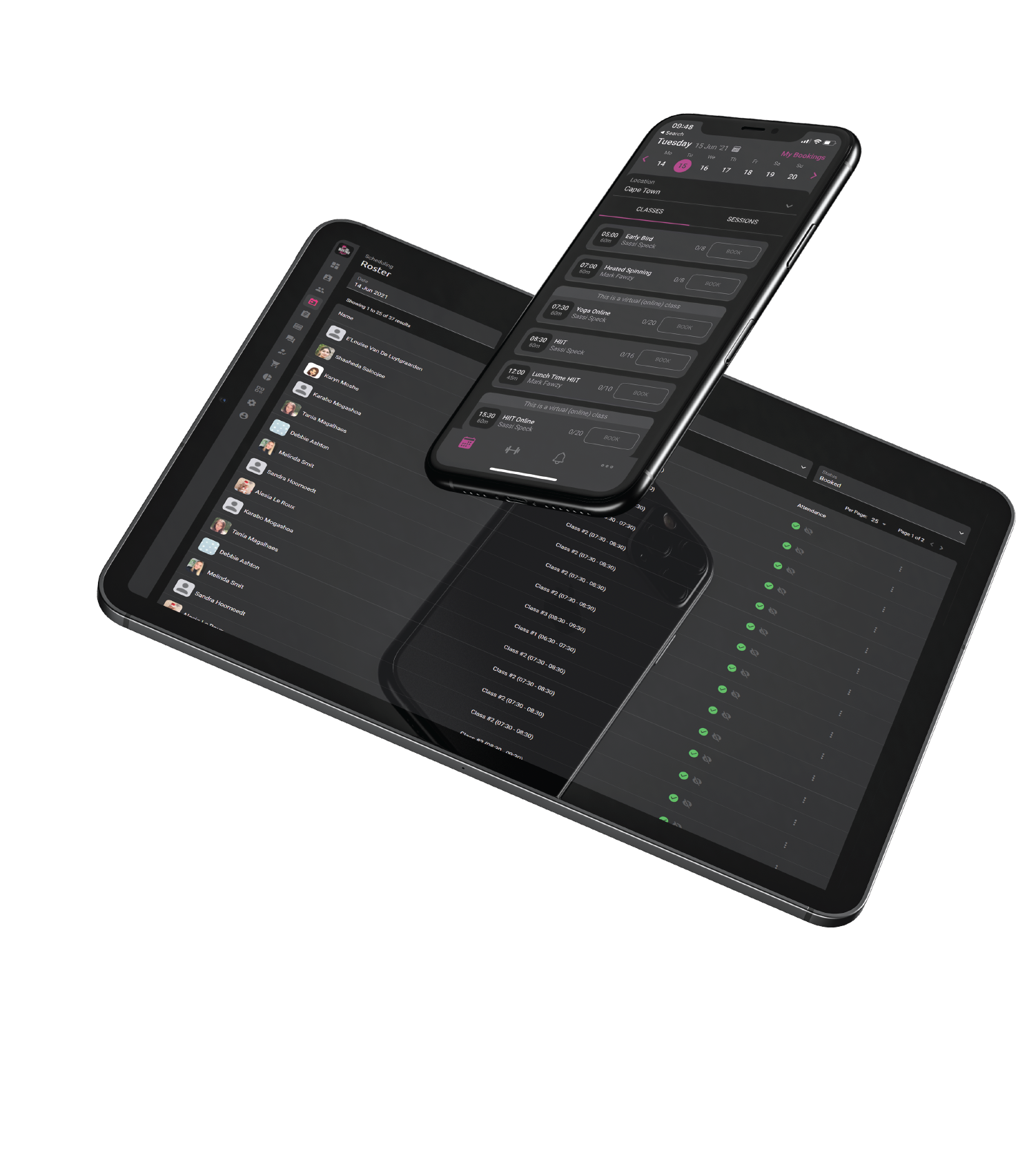
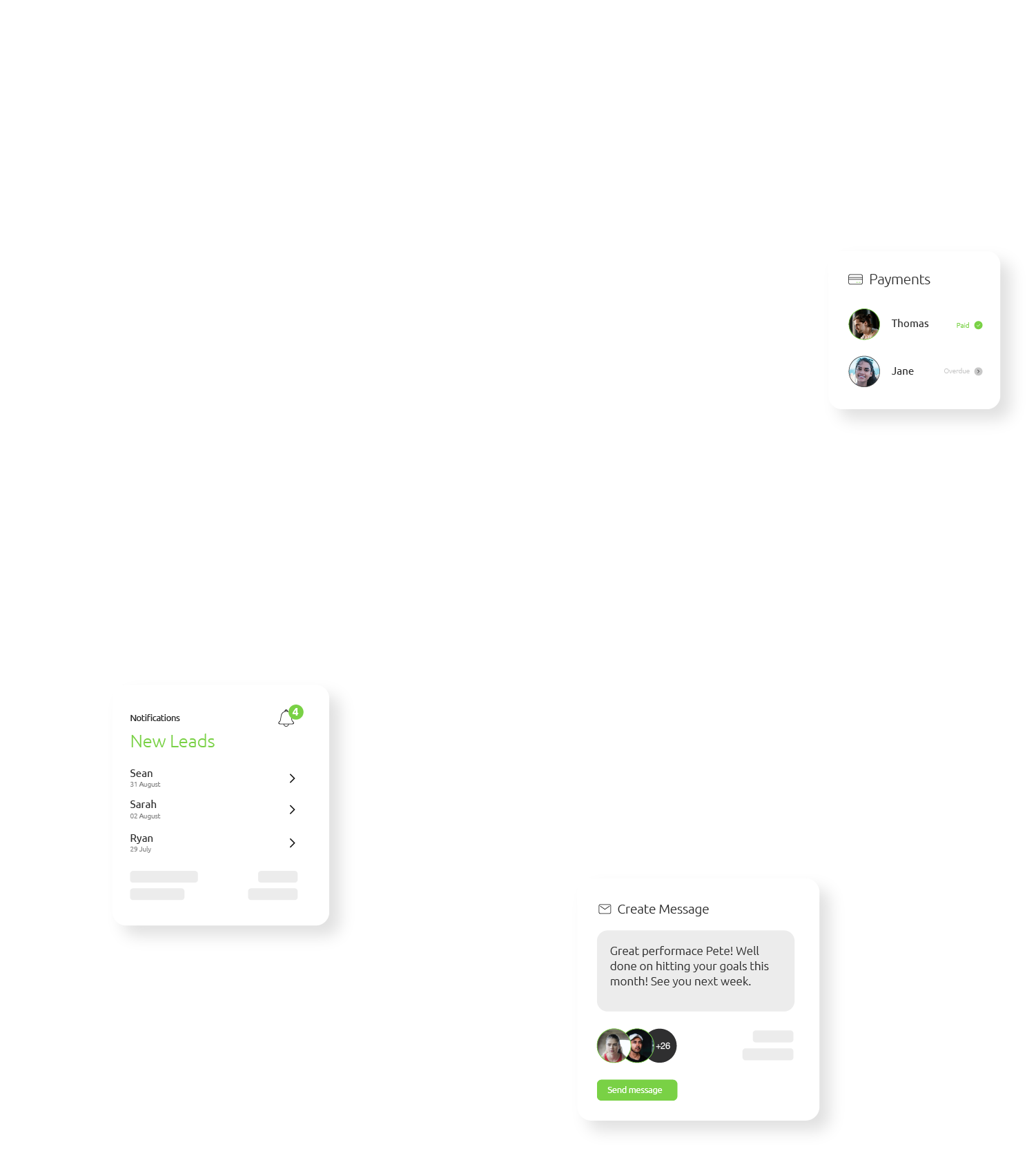
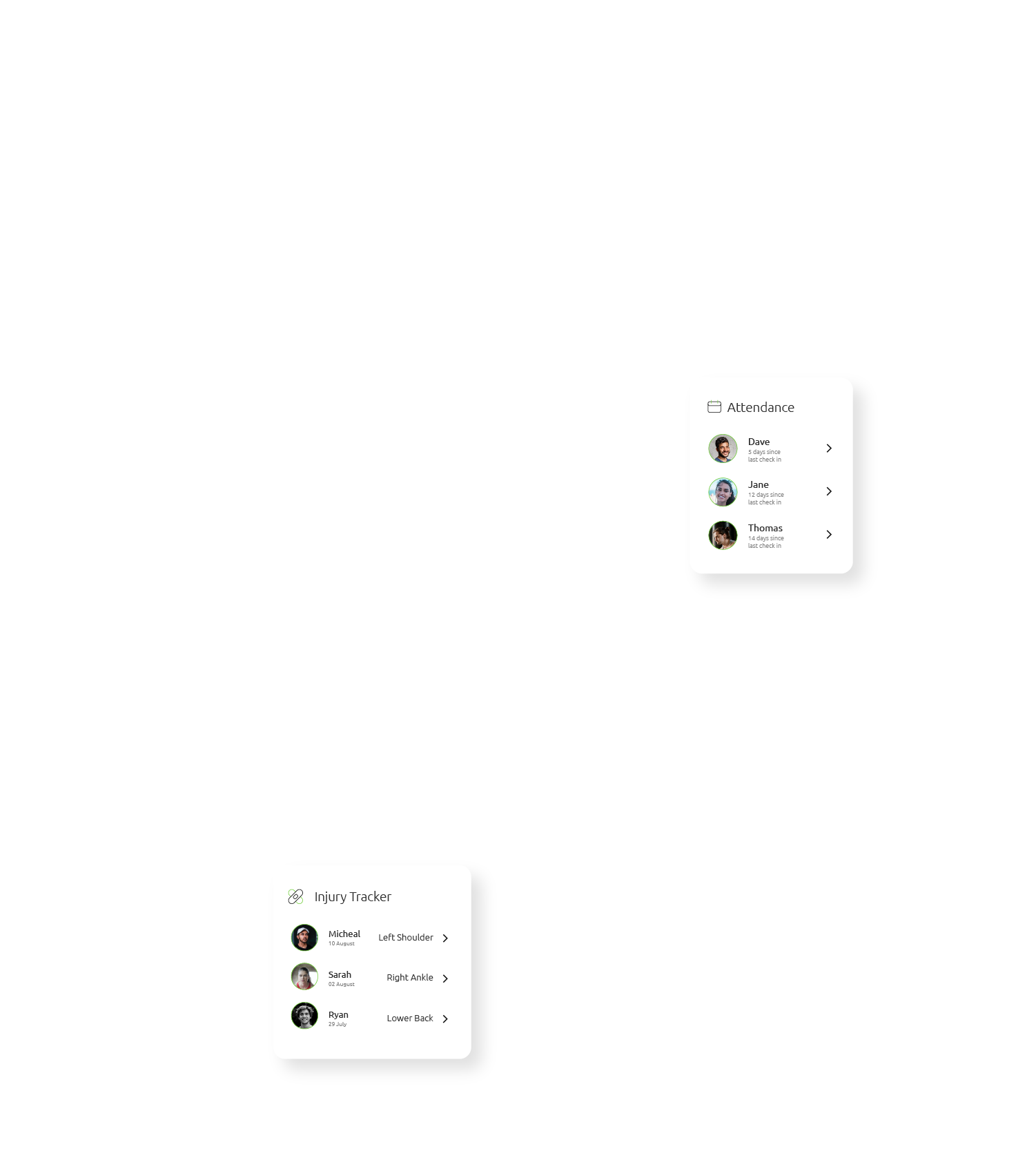
Studio Management Software Features to Drive Your Pilates Studio


Automated Lead
Management
Never miss a potential client with Octiv’s smart lead management tools. Effortlessly integrate with your website and social media channels to capture and convert leads quickly, ensuring steady growth for your studio.
Branded Members’ App
Enhance the client experience with a branded app where clients can book classes, make payments, communicate with the studio, track their progress and log any injuries. It’s a one-stop solution that keeps your studio at their fingertips.




Know Your Numbers
with Comprehensive Reports
Access all the information you need with Octiv’s reports. Track coach hours, attendance, financials, and more. Octiv’s detailed reports help you make smart decisions to optimise your business’s performance.
Class Scheduling and Attendance Tracker
Save time with Octiv’s class scheduling tool and attendance tracker. Automate class bookings, manage class capacity and track attendance effortlessly.


Foster Community with Communications
Engage your clients with Octiv’s communication system. Send updates, reminders, event announcements, and motivational messages to keep them connected.
Easy Invoicing and Payments
Ensure seamless online payments and simplify financial management with Octiv’s invoicing and payment system.
Personalisation with the Injury Tracker
Take personalised teaching to the next level with Octiv’s intuitive injury tracker. Encourage clients to log their injuries, allowing you to guide them through a safe and effective practice.
and so much more…
Elevate your Pilates studio with Octiv’s advanced features. Manage class schedules, track client progress, handle payments seamlessly, and integrate marketing tools to attract new members. With Octiv, you have everything you need to build and grow a successful Pilates community.
Make the switch your pilates studio has been waiting for
Fill in your details to speak to an Octiv Product Expert today
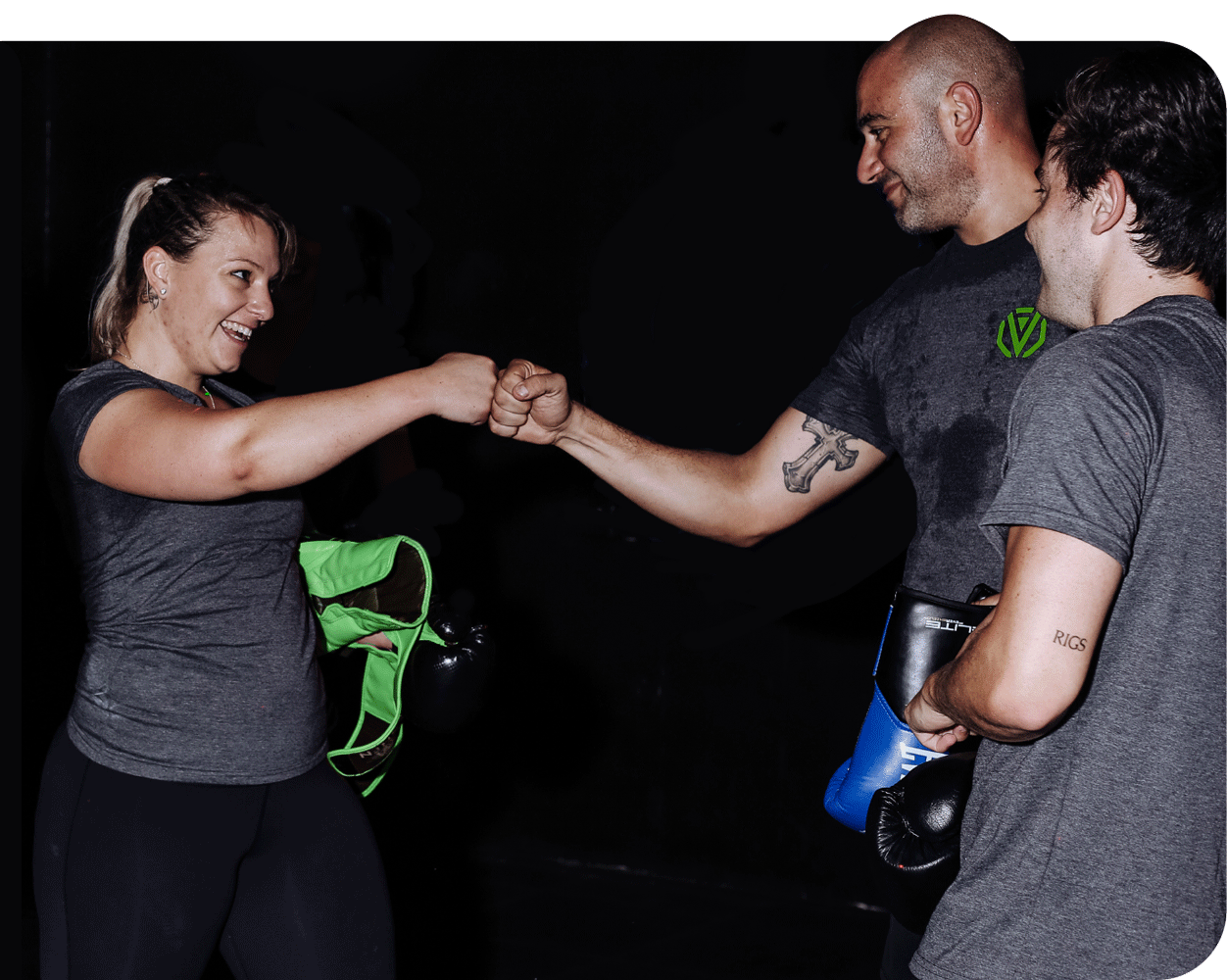
Humans behind the software
Think of the Octiv support team as an extension of your own team.
We’re passionate about empowering Pilates studios to be their best and are always happy to help!
Hear how Octiv has helped Core Concepts Pilates Grow
Read the full article here,
or listen to the podcast below.
Read the full transcript here
Mark Fawzy (00:00.174)
Welcome to the Octiv Sweat Equity Podcast, a show designed exclusively for gym owners and fitness enthusiasts like you. I’m your host, Mark Fawzy.
Mark Fawzy (00:13.996)
This month, we are celebrating the entrepreneurial spirit that comes along with being a business owner in the health and fitness space. We work with exceptional people who may not have formal training, but possess a strong spirit that drives their success in starting and growing their own businesses. Today’s guest is one of these incredible people. I’m thrilled to sit down with Suzette van Rooyen from Core Concepts Pilates to discuss her journey into entrepreneurship. Suzette, thank you so much for joining us today. I’m excited for this chat.
You’ve built Core Concepts into a successful multi-location Pilates studio, and you’ve navigated through the challenges of COVID to come out the other side. You’ve employed physiotherapists and biokineticists. Can you start by telling us about your journey to founding Core Concepts?
Suzette van Rooyen:
Thanks, Mark, and thanks for having me here. It’s a huge privilege. I wouldn’t have initially described myself as an entrepreneur, but over time, I’ve learned what that term truly means. I grew up in a home where my dad always emphasized the importance of having a plan. He believed that if you have no plans left, you’re dead, so we kept making plans until we were completely satisfied that the idea we had would either work or not. That mindset probably planted the seeds of entrepreneurship in me from a young age.
In short, I completed my physiotherapy degree at the University of Pretoria in 2000, after which I worked as a sports physiotherapist for several teams, including the professional soccer team, SuperSport United. During that time, I learned the value of hard work, teamwork, and how to become adaptable and tenacious in the workplace. Afterward, I had the opportunity to start my own physiotherapy practice as part of the Intercare Group.
Mark Fawzy (02:41.614)
And then you spent a few years working in that practice before moving to Mbombela, where your Pilates journey began. Tell us more about how Core Concepts started.
Suzette van Rooyen:
Yes, that’s right. In Mbombela, I partnered with a friend to start a Pilates studio as part of a physiotherapy practice. However, it was only about 13 years ago when I moved to Cape Town that my entrepreneurial side really took off. I began working part-time in an outpatient private practice and also started a Pilates studio. The beginnings were humble, but that’s where the entrepreneurial side got a kickstart.
I identified a gap between acute physiotherapy—treating pain and pathology—and the long-term wellbeing and health of clients. Physiotherapists are excellent at treating pain and pathology, while biokineticists excel in final phase rehabilitation and athletic conditioning. However, I noticed a missing link between these two areas that often left patients unsure of where to go after initial treatment. This also posed a challenge for medical practitioners in terms of where to refer their patients.
In 2011, Core Concepts had a very humble start in a small room in the northern suburbs of Cape Town, but I’m grateful to say we’ve been growing and evolving ever since.
Mark Fawzy (05:07.306)
That’s awesome. Just on a technical note, I’ve always thought of Pilates as being preventative in terms of injuries. It’s interesting because doctors often treat problems after they occur, but Pilates can help prevent injuries from happening by building the necessary strength. There’s even a new term now, “prehab,” instead of rehab.
Suzette van Rooyen:
Yes, I think Pilates is incredibly valuable in that regard. In fact, I believe the government should make it compulsory for everyone. I’ve only done Pilates a couple of times, and as someone who used to identify as a hardcore CrossFitter, I found it more challenging than any CrossFit session.
Mark Fawzy:
I’m interested to hear more about the start of your business. Some people say you need to go all in—quit your day job and fully commit to the business—while others suggest starting while you still have a stable income and then transitioning. How long did you keep your physiotherapy practice while starting your studio?
Suzette van Rooyen:
I was very fortunate because the two fed into each other. It took me years of teaching Pilates separately from physiotherapy to realize the amazing link between the two. We were lucky to always get overflow from the physiotherapy practice. So to answer your question, I was able to maintain a part-time job while starting the business. It was flexible in hours, which helped as the business grew enough for me to eventually focus solely on the Pilates studio. But even today, I still view Pilates as a rehabilitative tool, not separate from physiotherapy.
Mark Fawzy (07:33.12)
That makes sense. When you’re starting a business, you often don’t have all the money or equipment you need. It sounds like you started with what you had—a skill in treating patients and a willingness to take action.
Suzette van Rooyen:
Exactly. I didn’t wait for the full picture to be complete. I started with one patient at a time, and that’s how businesses are built—one client at a time. You look at big businesses and wonder how they got to that scale, but it all starts small, sometimes one breath at a time, one payroll at a time.
As a physio, I had no business or financial background, no business strategy. Those concepts were foreign to me. I never considered myself a businesswoman, but I realized that we all have a network and resources. It’s about using those resources wisely. I’m fortunate to know successful people in business who have guided me, and I’m still very willing to learn.
Mark Fawzy (09:59.88)
Do you think having a formal business degree would have helped or changed anything for you?
Suzette van Rooyen:
That’s a good question. I often think about it. I believe it would have helped with management, particularly in interpreting reports and forecasting. But nothing replaces gut feeling. No one knows a business as well as the person who starts it. I always fall back on what I deeply understand about the client or patient’s needs and try to serve that purpose.
Mark Fawzy:
Absolutely. I studied a BCom degree, and I can tell you it didn’t add much value when I started my business. You learn much more from mentors, people who’ve done it before, and by making mistakes.
Suzette van Rooyen:
Exactly. There’s no real prescription for how to do this. You learn as you go, and sometimes you want to blame a lack of business skills during hard times. But with enough awareness and practice, you can probably change anything. The biggest obstacle for me has been the lack of financial knowledge. However, studying physiotherapy taught me a lot about compassion, communication, and generosity, which became the basis of our business strategy.
Mark Fawzy (12:27.212)
It’s interesting you mention that. Tech can also be a big obstacle. How have you managed to navigate that?
Suzette van Rooyen:
I’m not tech-savvy at all, so I rely on being grounded and logical enough to figure things out, and I’m realistic enough to ask for help. It’s amazing how many people are willing to help. Building and growing this business has truly been a community effort.
Mark Fawzy:
That’s a unique trait. Many people struggle to admit where they need help and to show vulnerability. I think another challenge for many entrepreneurs is setting boundaries. How have you managed that?
Suzette van Rooyen:
It’s an ongoing learning curve. I struggle with boundaries, often finding myself always available and overly kind. But having a team helps spread the load. It was impossible to maintain balance when it was just me. As the business grew, I learned that I couldn’t do everything, and it wasn’t all about me.
One thing that helps me manage my own anxiety is clear communication. I prepare clients and the team, set expectations correctly, and make sure everyone understands each other. This makes it easier for me to switch off and take breaks.
Mark Fawzy (17:03.574)
Communication is key in any business. It’s essential for setting boundaries and expectations and for maintaining authenticity and relatability. How do you manage to maintain a positive work culture within your team?
Suzette van Rooyen:
I believe in the idea that you attract who you are. When defining Core Concepts, I had to look deeply into my own values and identify what I value and what I don’t. This personal journey helped me connect with each team member over time. Skill can be taught, but values and character are ingrained. I’m very passionate about my team—they are my biggest gift and greatest asset in the business.
Mark Fawzy (19:24.608)
That passion really comes through. What does success look like to you?
Suzette van Rooyen:
I think I’m too old to talk about success in the traditional sense. The word significance resonates more with me now. Success, to me, is something basic—finishing an honest, hard day’s work while staying true to yourself. In our industry, if you can meet your client or patient’s expectations, you’ve succeeded. Success is also creating a space where people—especially my team and clients—can flourish, laugh, and learn the art of connection.
Mark Fawzy (21:41.742)
That’s a beautiful perspective. It’s clear that you know exactly what you want to build and have thought deeply about it. In our business, we often talk about values and building processes that allow those values to thrive. What values do you think have shaped Core Concepts?
Suzette van Rooyen:
Values are the only real measuring stick we have. When I meet someone who shares our value system, there’s so much we can achieve together. Employing new team members is challenging, but if someone shares our values, there’s a lot you can do together.
Mark Fawzy (24:05.91)
Speaking of hiring, have you ever had to make difficult decisions when someone didn’t align with your values?
Suzette van Rooyen:
I’m grateful to say that I haven’t had to face that yet. But I know what you mean. Sometimes, someone might not align with the culture, but it takes time to learn. I wouldn’t exclude someone just because it takes a while, but there’s a point where flexibility to learn is essential.
Mark Fawzy:
Absolutely. It’s often not that their values are bad; they’re just different. People usually come to that realization on their own.
Suzette van Rooyen:
Exactly. It’s about finding alignment. And for those who do align, it’s a beautiful journey together.
Mark Fawzy (26:33.294)
Suzette, your entrepreneurial spirit is tangible. What traits do you think contribute to that?
Suzette van Rooyen:
Over time, I’ve identified a few characteristics that define entrepreneurship for me. It’s a perfect mix of intellectual, financial, human, relational, and spiritual capital that one can use to build something meaningful. Entrepreneurship is a way of thinking and being, and it determines how you act. Entrepreneurs see opportunities where others see risks, and they step out in faith with great passion.
Mark Fawzy:
That’s very well put. So, what’s next for you and Core Concepts?
Suzette van Rooyen:
For now, my main goal is to keep the studios on track and support my team. But we do have one exciting prospect—to open a new studio in Hermanus next year.
Mark Fawzy (28:54.552)
That’s amazing! Hermanus is a great location. It sounds like you’ve found a unique niche between fitness and rehabilitation, bridging the gap between the two. What’s your vision for Core Concepts moving forward?
Suzette van Rooyen:
I can see how we fit into a specific link in the fitness world. We’re not just a fitness studio, nor are we purely a physiotherapy practice. We bring those two worlds together in a non-competitive way. We see patients from various physiotherapy practices and always refer them back, which makes us less threatening for an area. Our purpose is to build that bridge between the fitness industry and the rehabilitative side of the medical world.
Mark Fawzy:
You started this chat by saying you don’t think of yourself as an entrepreneur, but it sounds like you’ve identified a pain point and found a unique solution—exactly what entrepreneurship is about. Well done on what you’ve achieved. It’s inspiring to hear your approach and mindset.
This is a bit cheeky since this podcast isn’t about promoting Octiv, but because you’re one of our favorite clients, how has Octiv changed the way you do business?
Suzette van Rooyen:
I’m actually glad you asked about Octiv because I might have added it in anyway! Octiv in our business is like a person. It’s a true third member of our admin team with a persona of its own. It’s ever-evolving and ever-growing, and it’s amazing to get to know it more and more.
The thing about Octiv is that it’s so flexible and willing to learn, constantly addressing the needs of our clients. It frees up time for the rest of the admin team to focus on other important tasks. Octiv is incredibly user-friendly, and its main goal is to make life easier for us—and it’s definitely achieving that. So, thank you!
Mark Fawzy:
That’s really great to hear. Our whole thing is humans behind software. We’re a software company, but we want to make sure we’re humans dealing with other humans, and it sounds like we share similar values. Thank you for the kind words, and thank you for your time today. I really appreciate you coming all the way here.
Suzette van Rooyen:
Thank you, Mark. It was great to be here, and we should definitely do this again.
Mark Fawzy:
Absolutely. Thanks, Suzette. Cheers.





